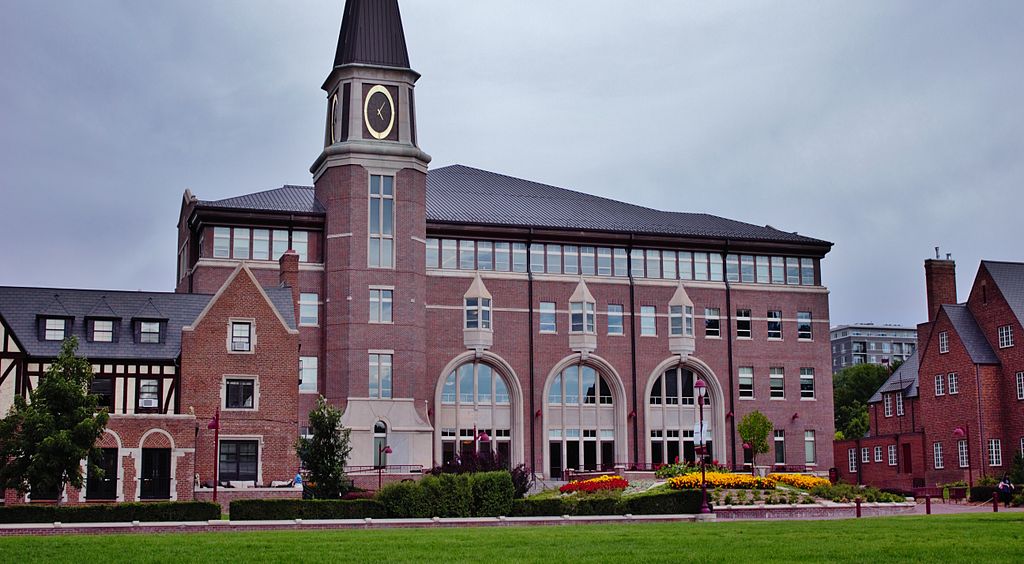A 23&ME Update | Pennsylvania Family Law
Valentine’s Day seemed an odd time to report the subject but CNN posted a five minute story provocatively titled as “I Slept with My Half Sibling.” This recounts the story of a Connecticut social worker who had symptoms of a genetic illness that were inconsistent with her assumptions about her parentage. To better understand matters, she secured a test using 23&Me. As we suggested in a post in November 2021 the information coming back from that test was profoundly disturbing to her. Her genetic father was her mother’s fertility doctor. And she was a half-sibling of the young man she dated in high school because that boyfriend was also related to the same fertility doctor.
There are two elements to her response. The first is shock. Most women who have had sought IVF were told that, they will be receiving genetic material from a pool of healthy young males. Until recently that pool was anonymous. But reproductive technology has made immense strides and now donors are largely traceable. We have represented donors who have been shocked to find a knock on the door with a heretofore unknown child on the other side. They had sold or contributed genetic material premised upon the idea that their anonymity would be preserved. Then we have the shock experienced by IVF moms who have learned that it was their friendly doctor who provided the service without revealing what they were doing. Some dub this fertility fraud. This writer is not yet convinced that this really is fraud, but the creepiness of the non-disclosure is undeniable.
The second element of concern relates to genetic risk. Again, the basic premise upon which the IVF patient proceeds is that there is a large donor pool and because of that, very limited risk of genetic disease triggered by consanguinity. Unfortunately, if, as here, a local physician decides that his genetic material will be substituted for that large donor pool, there is the risk CNN writes about. Had Victoria Hill (the woman interviewed for the CNN story) conceived a child with her boyfriend in high school, they both shared the same father and, thus, were half-siblings. From what we can read as laypersons, this risk is not huge, but it certainly should have been disclosed. The “donating” physician was already sued last October by another mother and her daughter who had the same experience.
Very few states have legislated in this area. One suspects that since this testing technology became available circa 2006 reproductive physicians have come to realize that there are many risks and essentially no rewards for becoming too involved with the fertilization process.
As we noted before, this genetic information changes lives and reveals family history that can be quite troubling. This is not a process to be undertaken as a lark as the results may well rip an otherwise intact family apart.
The CNN Story:
Some informal observations about genetic risk Our 1st cut at this troubling subject:






